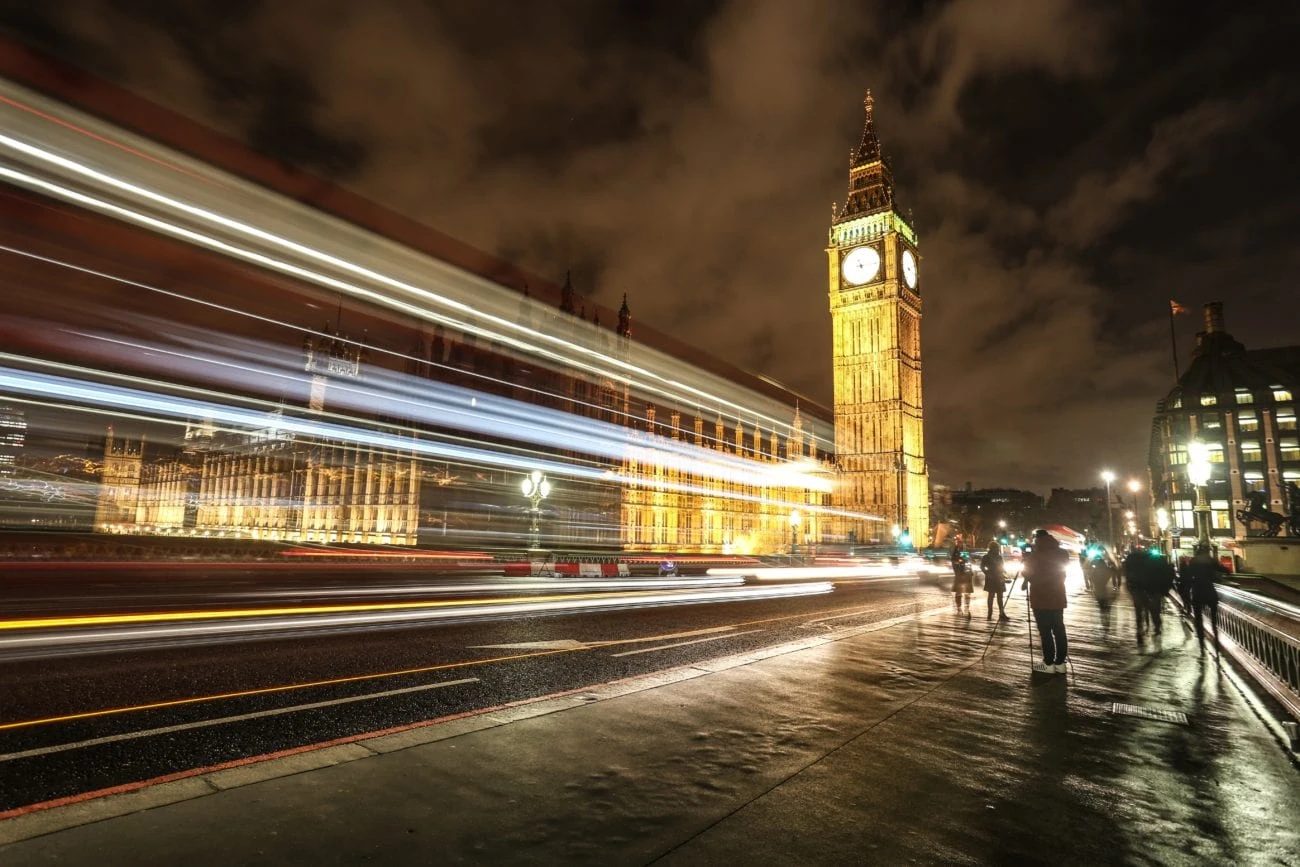Gambling harms researchers call for greater ad restrictions, concerned over ‘conflict of interest’ in industry-funded research

The meeting, attended by a panel of gambling harms researchers, discussed the risks of gambling in the UK, as members of a parliamentary health and social care committee sought to better understand the risks facing players today and what the government should be prioritising in terms of regulation.
Speaking during the first session of the morning, the panel of gambling harms researchers suggested the government’s two priorities should be enforcing greater restrictions and protection on land-based slots and other casino games.
The panel consisted of Sam Chamberlain, professor of psychiatry, University of Southampton; Heather Wardle, professor of gambling research and policy, University of Glasgow; and Lucy Hubber, director of Public Health Nottingham.
Wardle said while she supported the incoming protection measures for online slots, including stake limits and financial vulnerability checks, she believes land-based machines should have more protections in place.
The 2023 white paper did make a number of recommendations for the land-based sector, but they largely focused on the machines that should be allowed in casinos and bringing the remote gambling and casino regulatory acts more in line with each other. The paper also proposed allowing betting terminals on casino floors.
Stopping normalising gambling in the UK
The panel also advised a more restricted approach to gambling advertising.
“I think we need to have much more severe restrictions and greater protections at a population level, particularly for children and young people, but also for those who are harmed and to not normalise this behaviour,” Wardle told the select committee.
“We think gambling is normalised because we see it so much in the advertising, but when you actually look at the [Gambling Commission] data, only 16% of the population have bet on sports in the past year. It is actually a minority behaviour, yet we feel it’s a majority behaviour.”
Much of the discussion compared gambling to alcohol and tobacco in terms of harm to society and young people. And Chamberlain said he does not support prohibitionist views for stopping people from gambling, drinking or smoking entirely.
He also supported stricter advertising regulations, as well as ensuring the statutory levy, announced by the government last November, is administered properly. Safeguards should be in place to ensure “the decisions aren’t influenced by people with vested interests,” he said.
Researchers reluctant to take funding from gambling industry
The levy, funded by the industry, is seeking to raise £100 million for gambling-related harms prevention.
A number of the top UK operators have already contributed significant amounts to research in the sector through the Betting & Gaming Council’s voluntary levy. This saw up to 0.1% of operators’ gross gambling yield used to support the National Strategy to Reduce Gambling Harms.
But the panel of gambling harms researchers said it was wary of how the statutory levy’s funding could be distributed. They said in the past gambling researchers had been reluctant to take funding provided by the sector due to ethical concerns.
Responding to parliamentary health and social care committee questions on what concerns they had about the sector’s influence on gambling harms research, Chamberlain said the field of gambling harms research had found it really difficult to do research into prevention, policy, education and treatment because the only funding available to them had been via voluntary donations from the sector.
“In parallel, there’s been a lack of funding from our trusted funding bodies,” said Chamberlain.
“What you have is a dearth of good quality research, in my opinion, over the last decades, as many of the good researchers in the field of gambling would have not been prepared to take that money because of ethical and other concerns.
“In pragmatic terms, the industry has been giving cash to one massive charity that then has been handing out that money to various organisations. [But] I’m not saying that all of that work is invalid,” he noted.
Gambling harms researchers wary of viewpoints influenced by the sector
Wardle said she had received funding from GambleAware, a charity supported by the voluntary levy, for previous gambling harms research she had worked on. She said the research’s priorities and questions reflected particular viewpoints she believes were influenced by the gambling sector.
“What I would say reflecting on those experiences is not necessarily on the way I actually did my research, it was how the research priorities and questions were determined in the first place and how they then reflected particular viewpoints, how the industry were consulted on what those questions might be and then it was about control of the messaging from the outputs, [and] the communication strategy around that.”
She recalls the chief executive of the funder asking her to remove a key finding from a press release publicising the findings.
The statutory levy will be supported by an independent body, gambling minister Baroness Twycross told the house of lords in February. This body will closely monitor spending and the overall effectiveness of the levy.
